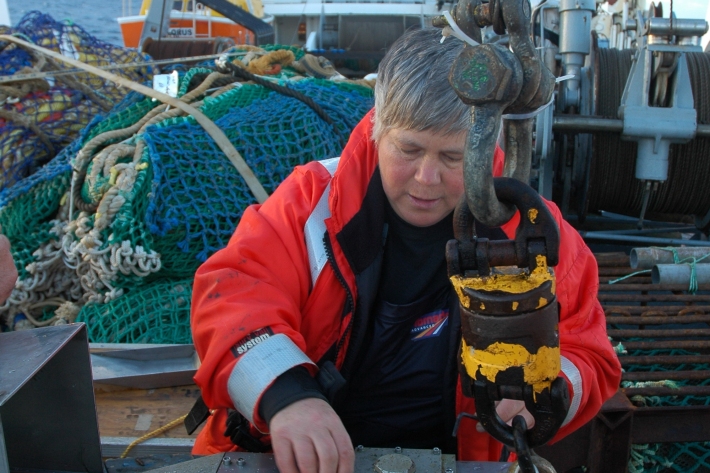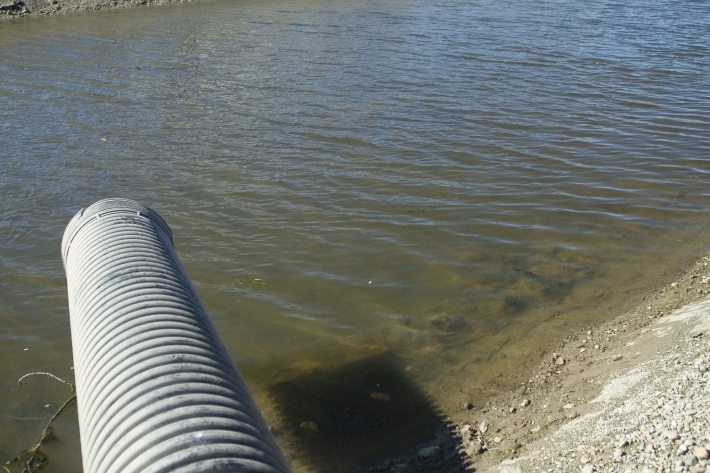-

How do we map the seafloor?
Multibeam echo sounders emit a fan of sound beams to the seafloor to scan a wide swath of the seabed in great detail. -

Effects of ocean acidification on plankton in New Zealand waters
Research ProjectOur oceans are expected to become more acidic as carbon dioxide concentrations rise. -

Contamination early-warning system for commercial shellfish harvest
Research ProjectContamination of shellfish by faecal microbes is a health hazard to the consumer and so is of particular concern to the commercial producer. -

DSS for setting turbidity limits at base flows
DSS for setting turbidity limits at base flows -

DSS for setting turbidity limits at peak flows
DSS for setting turbidity limits at peak flows -

Plankton biodiversity in the Southern Ocean
Research ProjectNIWA is conducting a five–year study to map changes in the distribution of plankton species in surface waters between New Zealand and the Ross Sea. -
Predicting long-term contaminant accumulation in the central Waitemata and southeastern Manukau Harbours
Research ProjectThis project was undertaken for Auckland Regional Council to identify significant sources of contaminants in the central Waitemata and southeastern Manukau Harbours. -

Stocktake of diffuse pollution attenuation tools for New Zealand pastoral farming systems

